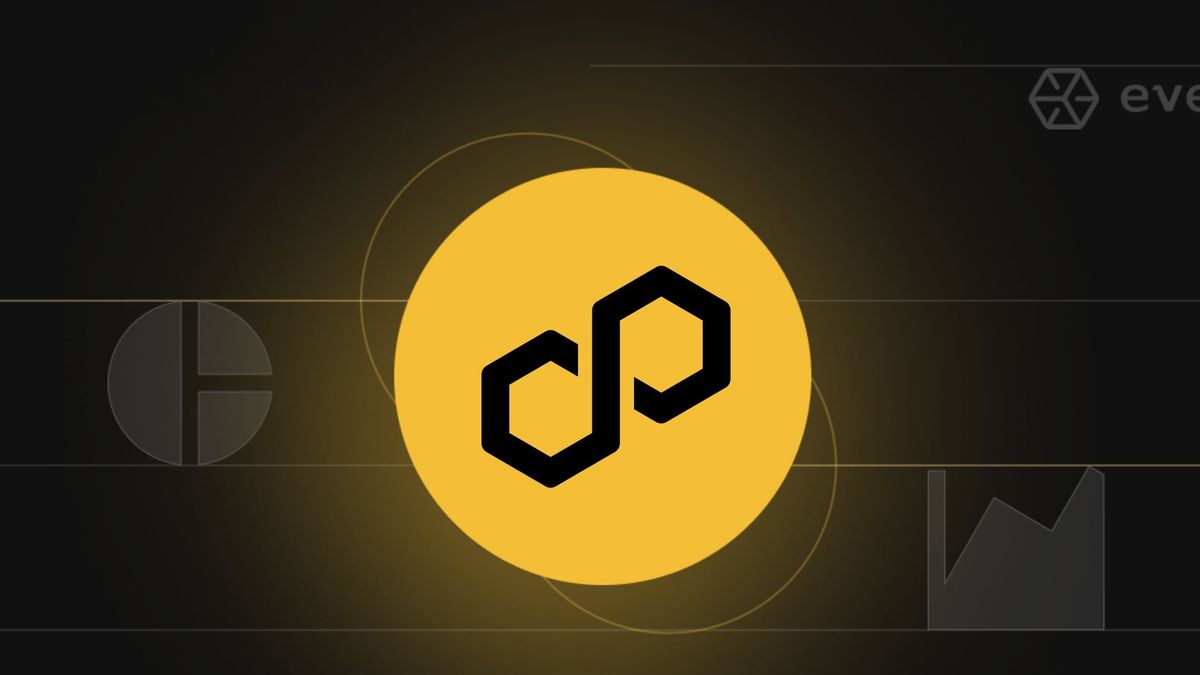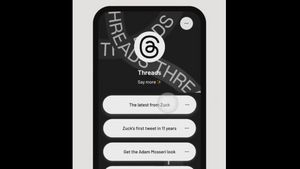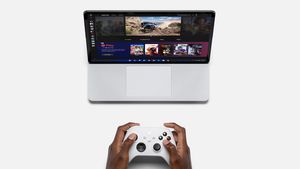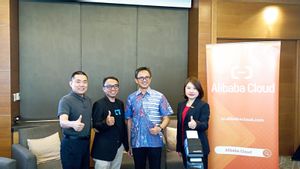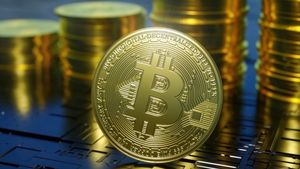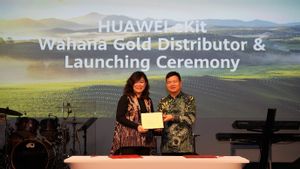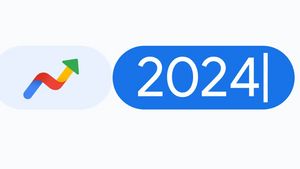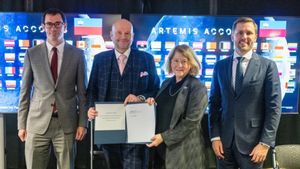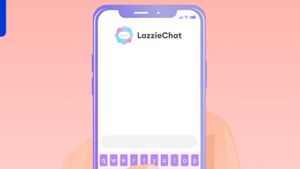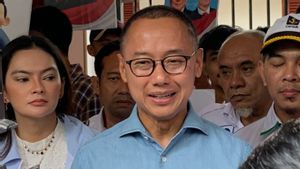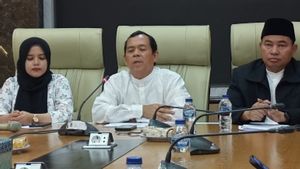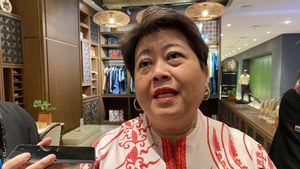JAKARTA - Palm Network, a blockchain focused on non-fungible tokens (NFT), plans to become more accessible for users by planning a transition to a customized Polygon blockchain.
Based on the announcement on July 26, the Palm Network will soon become the ZK Supernet Polygon MATIC, which will make NFT creation, trading, and collection even more accessible to its users.
Additionally, the Palm Network will be interoperable with Ethereum and the entire Polygon 2.0 ecosystem.
PALM is on its way to becoming ZKL2 with polygon Technology!
Don't miss the conversation with @lerdiedabirdie from ED @palmfdn and @sandeepnailwal, Founder @0xPolygonLabs. Set your reminder now! ️https://t.co/pRDSFbtNaC pic.twitter.com/SutmzzqTMS
— Palmfdn (@palmfdn) July 27, 2023 Polygon "Supernet" is a customizable blockchain created using Polygon consensus software, while the term "ZK Supernet" refers to a network that uses zero-knowledge proof to process deposits and withdrawals from Ethereum.
Palm Network's transition to Polygon Supernet will be carried out in two phases. On August 23, it will transition to a proof-of-stake (PoS) consensus mechanism network. Then sometime in 2024, there will be a transition to layer-2 based on ZK.
Palm Network has partnered with the Candy Digital NFT marketplace, which provides licensed NFTs from NASCAR, Major League Baseball, Netflix, Warner Brothers, WWE, and other brands. Digital art distributor HENI is also built on this network.
另请阅读:
Currently, Palm is an Ethereum sidechain, meaning that the network relies entirely on its own nodes for security.
Once the transition process is complete, transfers between Palm Network and Ethereum will be processed using Polygon's zero-knowledge proof-of-knowledge protocol, making its security partly dependent on the Ethereum blockchain and therefore possibly more secure.
Polygon co-founder Jordi Baylina praised Palm's move, saying it would lead to greater accessibility for users without sacrificing security:
“By leveraging Polygon Supernets technology, Palm Network developers were able to maintain the user experience even at the highest network activity while minimizing gas costs for the community - resulting in a much more accessible and democratic ecosystem.”
The English, Chinese, Japanese, Arabic, and French versions are automatically generated by the AI. So there may still be inaccuracies in translating, please always see Indonesian as our main language. (system supported by DigitalSiber.id)
